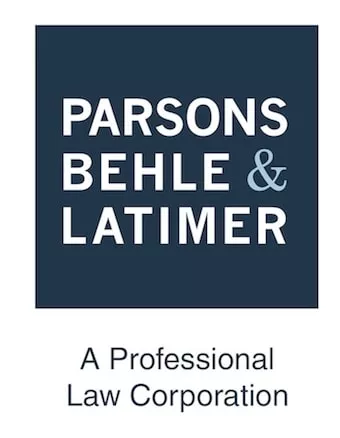- with readers working within the Banking & Credit and Healthcare industries
With just 19 days to the election, we are keeping a close eye on recent legal developments and have started to speculate what that election may mean for tax planning given that many of former President Trump's tax cuts sunset in 2026—including the 21% corporate tax rate.
A second Trump presidency could see a continuation of the lower corporate tax rate and an extension of many of the Tax Cuts and Jobs Act's (TJCA) core features, including § 199A (the business income deduction which provides some equivalence to non-professional pass throughs to the 21% corporate tax rate). However, President Trump's focus on tariffs as a source of revenue may suggest the potential for a much more dramatic pivot in U.S. tax policy in the event of a republican sweep, such as the outright elimination of the income tax in exchange for a national sales tax operationalized through tariffs or a further reduction in the corporate tax rate.
Under a President Harris, tax policy is likely to follow existing contours—a proposed corporate tax rate of 28% (with a corresponding increase to recently revamped corporate alternative minimum tax), an increase on the taxation of income and dividends for high-income earners (tax long-term capital gains at 28%, and an increase to the net investment income tax to 5%), and an increased child tax credit and start-up business deduction. However, sweeping democratic victories could result in limitations on § 1031 exchanges or the taxation of unrealized wealth for extremely high net worth individuals.
Whatever happens on election day, 2025 is likely to be one of the most dynamic tax planning environments that we have ever seen. If current election trends hold, Dec. 31, 2025 may be a deal deadline unlike any other with parties rushing to close deals before higher tax rates go into effect with the expiration of the TJCA.
For now, our general advice is to hold the course and put a meeting with your tax advisors on the books after Nov. 5.
The content of this article is intended to provide a general guide to the subject matter. Specialist advice should be sought about your specific circumstances.


